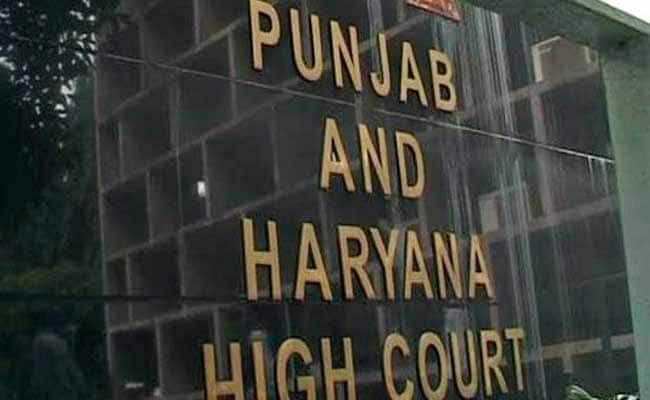The Punjab and Haryana High Court rules that concurrent departmental and criminal procedures are not barred
The Punjab and Haryana High Court has decided that there is no legal barrier to departmental and criminal processes occurring simultaneously, although independently. It was also made evident by Justice Vikas Bahl that the two processes had different goals.

The main goal of the disciplinary process was to ascertain if the employee’s actions warranted a lighter sentence or termination of employment. On the other hand, criminal procedures sought to validate the truth of the accusations made against the defendants and, in the event that they were confirmed, to ascertain the suitable penalty.
On 35 petitions against the State of Haryana and other respondents, the 163-page decision was rendered. Justice Bahl’s Bench was asked to rule on whether ordinary departmental processes had to be suspended or common witness deferrals had to be postponed until the end of concurrent criminal proceedings or until the witnesses’ examination for those criminal proceedings.
The petitioners contended that the event that sparked departmental procedures was also the subject of the criminal proceedings.
The manner of investigation, procedural guidelines, and standards of evidence in criminal and departmental cases, according to Justice Bahl, are unique and distinctive. In a criminal prosecution, the charge had to be proven beyond a reasonable doubt; but, in departmental procedures, the claim of misconduct had to be proven by the “preponderance of the probabilities.”
Additionally, he emphasized the importance of quickly wrapping up departmental proceedings in order to protect the honor of those who are innocent of wrongdoings and to remove any employee whose integrity or character has been called into question while upholding discipline in the workplace and efficiency of public service.
Before evaluating an employee’s request for a stay of departmental procedures while the criminal case is pending, Justice Bahl decided that a few requirements had to be met. These included weighing all relevant factors, such as whether the criminal case and departmental actions were based on the same or comparable facts, and how serious the charges were in a criminal case with intricate legal and factual issues.
The seriousness of the charge in a criminal case and whether it involved intricate legal and factual issues depended on a number of factors, such as the nature of the offense, the particulars of the employee’s case, and evidence gathered during the investigation or included in the chargesheet.
Given the seriousness of the accusations in the criminal case and the fact that both actions arose from the same or comparable events, departmental proceedings could not be stayed in isolation. Before stopping departmental procedures, specific circumstances had to be cited that warranted a delay. If a stay was granted, the departmental processes might be continued and pursued to guarantee a timely resolution; however, Justice Bahl claimed that the criminal case was being unduly delayed.







